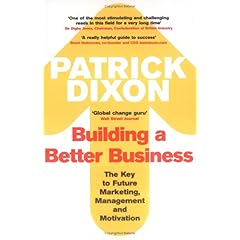A description for a "Lean Champion" position appeared in my email inbox this morning and one requirement stood out:
Must be able to prioritize multiple tasks and manage time efficiently.
Nothing new or unusual about that, and that seems to be the requirement for almost all jobs, and I am quite used to that, but I suddenly realized that it does not sit right with me. I have spent decades doing that, but is it really the best way to go, at least for some of us?
Rarely do I have only one task in front of me, but the truth is that it usually makes much more sense to tackle tasks in an opportunistic manner to optimize over the long run and do each piece of work when you feel most effective at tackling that piece rather than focus or obsess on which task is top "priority" at the moment. Sure, sometimes there are tasks that need to get done in the very near term, but the goal should be to avoid being in such a position where short-term "firefighting" is the norm.
Do I manage time efficiently? Usually not in any strict sense. I am much more focused on effectiveness than raw efficiency. Maybe efficiency is appealing since you can measure it more easily, but that does not mean that the organization is getting any greater value than if effectiveness was the goal.
Another way I read "Must be able to prioritize multiple tasks and manage time efficiently" is as "Must be willing to be micromanaged and work in a chaotic environment where priorities change on a daily basis." That, of course, really sucks, but is oh so typical. The boss (or even CEO) cannot get his priorities (or goals or values) straight, so he dumps everything on the underlings.
Another common interpretation for "manage time efficiently" is that the worker does not complain and always does as they are told.
Finally, although being "agile" is a good thing, treating people as if ADD was a job requirement is not such a good thing.
-- Jack Krupansky



